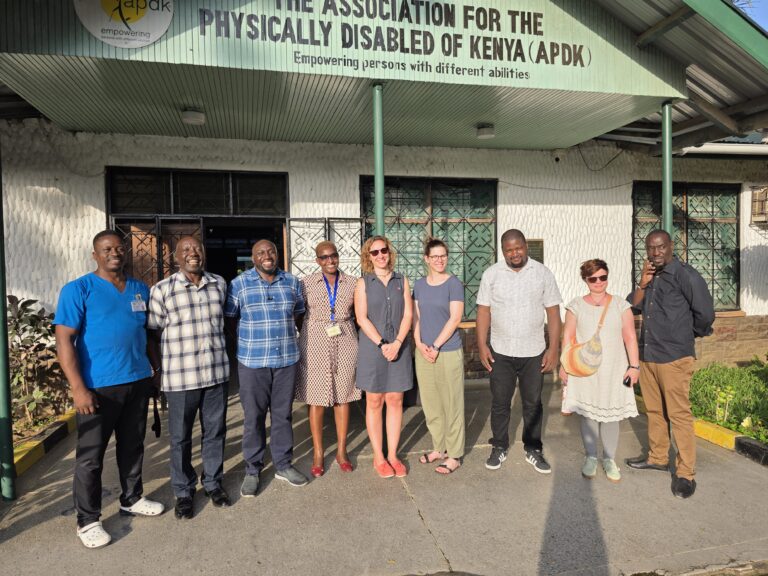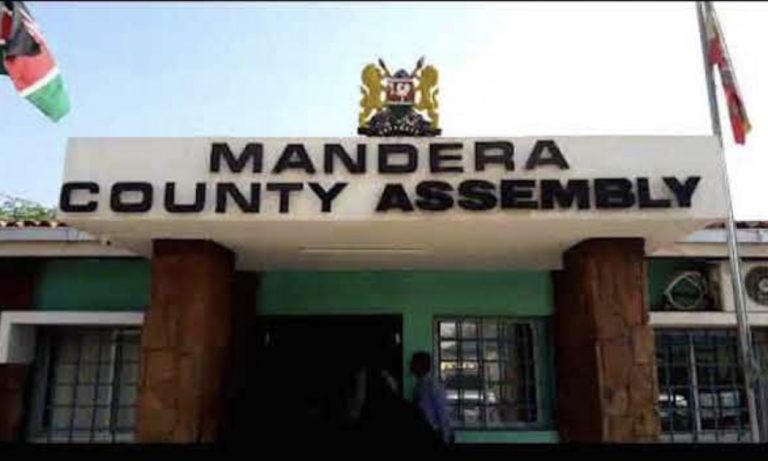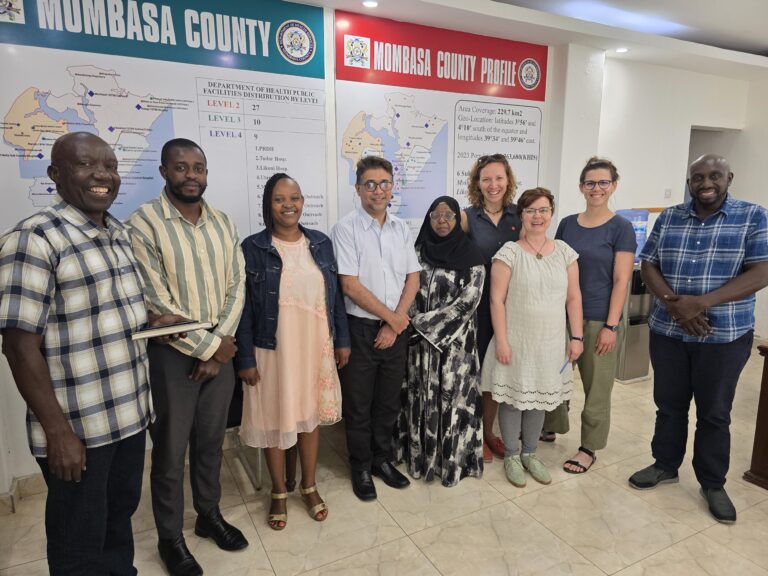Because behind every great cause… are greater collaborators
When the sun rose over Jomvu on the 7th of April 2025, it carried with it more than just light—it carried hope.
For five days, a movement unfolded. One that was defined not by speeches or banners, but by the quiet dignity of service, the kind that comes from professionals, caregivers, and organizations giving their all for persons with disabilities (PWDs).
Let’s take a moment to thank those who made it all possible.
🌟 Leading With Heart and Vision: The Hungarian Charity Service of the Order of Malta (HCSOM)
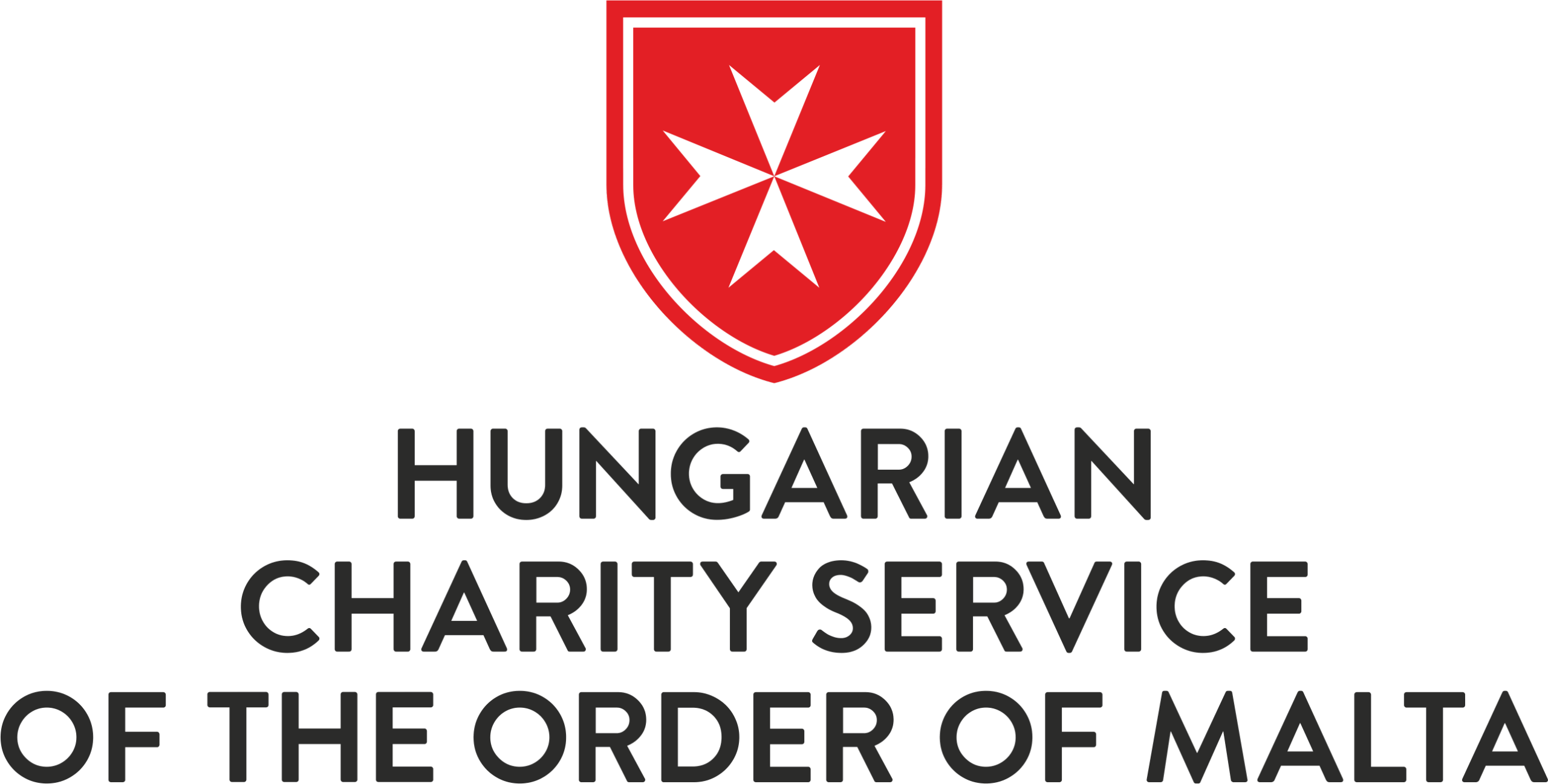
When history looks back on the success of the Jomvu PWD Outreach and Mass Registration initiative, one name will shine with unmistakable clarity: the Hungarian Charity Service of the Order of Malta (HCSOM). This remarkable humanitarian organization, with its roots in over 900 years of global service, played an indispensable role in making the April 2025 outreach in Jomvu not only possible—but transformational.
🕊️ Legacy of Compassion, Now Localized
Founded on the values of solidarity, faith, and service, HCSOM is part of the Sovereign Order of Malta, one of the oldest surviving institutions in the world, committed to helping the sick, the poor, and the marginalized across the globe.
Over the years, they have become synonymous with credible, compassionate relief work in conflict zones, underserved communities, and regions experiencing structural inequalities. Their Kenyan collaboration, particularly with Maji Na Ufanisi (MNU), represents the seamless fusion of global expertise and local commitment.
💡 Fueling Change in Jomvu
In the context of the Jomvu outreach, HCSOM did more than just provide funding—they ignited a movement. They helped mobilize resources, facilitated multi-sector coordination, and—critically—amplified visibility of the disability inclusion cause in Mombasa County. Their support ensured:
- Procurement and transport logistics for medical and educational assessment tools
- Financial support for the deployment of healthcare professionals
- Coordination with local government actors and security services
- Support for community mobilization and awareness creation
Their contribution was both strategic and emotional. They empowered the partners on the ground and added international credibility that brought urgency and attention to an often-overlooked demographic—persons with disabilities in informal urban settlements.
🌱 A Lasting Seed Planted
By investing in local solutions and uplifting marginalized voices, HCSOM didn’t just show up—they stood with us. Their involvement is a model of true partnership, one where charity meets dignity and global hands lift local hearts.
And for that, we say: Asante sana, HCSOM. Kenya remembers.
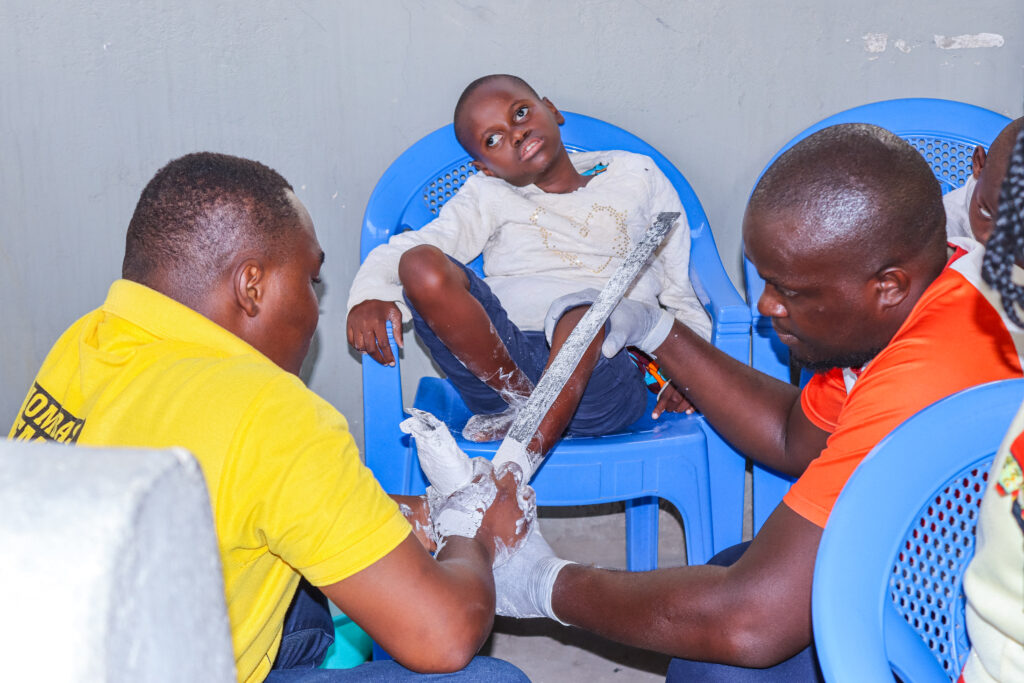
APDK: Tools of Mobility and Hope

In every great journey toward inclusion, there’s a partner that ensures no one is left behind—not even those whose mobility has been challenged. For the Jomvu Mass Registration and Medical Assessment Outreach, that essential partner was the Association for the Physically Disabled of Kenya (APDK).
🌱 A Legacy Rooted in Empowerment
Founded in 1958, APDK has long been a pillar of disability inclusion in Kenya. Their mission goes beyond physical rehabilitation; it’s about restoring hope, independence, and dignity to persons with physical disabilities. With a network that spans multiple counties, APDK has built a reputation not only for their technical expertise but also for their deep human connection to the communities they serve.
During the outreach in Jomvu, APDK brought that same decades-honed excellence and commitment to action. Their presence wasn’t just technical—it was transformational.
🛠️ What APDK Delivered in Jomvu
1. On-site Physical Assessments:
APDK clinicians were at the forefront of evaluating clients who required assistive devices, including mobility aids like wheelchairs, crutches, and orthotic supports.
2. Therapy and Referral Services:
Beyond immediate assessments, APDK’s team issued targeted referrals for specialized therapy—helping caregivers and families begin a longer journey toward rehabilitation.
3. Identification of Complex Cases:
Their trained eyes quickly flagged PWDs needing advanced medical intervention, ensuring no serious case slipped through the cracks.
This was more than a clinical duty. It was about transforming limitations into possibilities. For dozens of beneficiaries, walking out of the outreach with renewed mobility wasn’t just a medical achievement—it was a restoration of agency and participation in life.
🌍 A Ripple Beyond Jomvu
APDK’s role at the outreach serves as a reminder that inclusion isn’t theory—it’s action. Their tools may be physical, but their impact is emotional and societal. They turned what might have been just a registry event into a launchpad for change.
In gratitude, we recognize APDK not just as service providers, but as partners in dignity, movement, and freedom. Their work lives on in every step taken by those they supported.
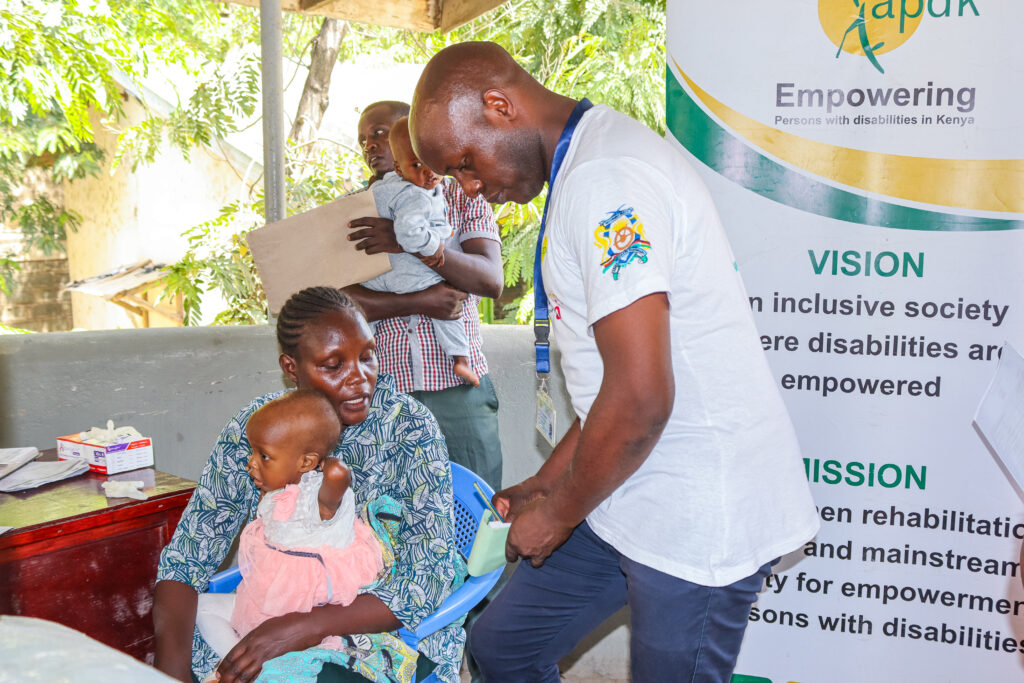
The Backbone of Service: Mombasa County’s Director of Medical Services

Every successful health initiative needs a strong backbone—a guiding structure that ensures quality, coherence, and accountability. For the Jomvu Mass Registration and Disability Assessment program, that anchor was none other than the Director of Medical Services (DMS) of Mombasa County.
🏥 The Pillar of Public Health Systems
The DMS office isn’t just a government department—it is the nerve center of Mombasa’s public health response. For years, the DMS has overseen the county’s health strategy, from primary care to specialized services. Their track record in managing emergencies, setting clinical standards, and coordinating medical personnel has made them a pillar of healthcare governance in the coastal region.
When the call to support Jomvu’s disability assessment came, the DMS didn’t hesitate. They responded not only with policy backing but with real boots on the ground—ensuring the outreach was both medically sound and logistically seamless.
🧠 Hands-On Medical Oversight That Made the Difference
Here’s how the DMS office stood out:
- Deployment of Specialized Medical Teams: From orthopedic surgeons and physiotherapists to psychiatrists, ENT specialists, and audiologists, the DMS facilitated the full spectrum of experts needed for accurate disability diagnosis and care recommendations.
- Upholding Clinical Standards: The DMS ensured all assessments were guided by ethical and clinical protocols—ensuring dignity, respect, and professionalism in every client interaction.
- Streamlined Referrals for Complex Cases: When assessments revealed advanced or urgent conditions, the DMS enabled rapid referrals to higher-level facilities like Coast General Hospital, guaranteeing no one was left untreated.
🌿 Where Leadership Meets Compassion
The involvement of Mombasa’s DMS wasn’t just bureaucratic—it was visionary leadership in action. They bridged the gap between grassroots needs and institutional capacity, helping translate policy into people-centered impact.
In essence, they made sure that in Jomvu, quality healthcare wasn’t a privilege—it was a promise kept. For this, we salute the DMS team. Their commitment, structure, and heart gave this initiative its clinical strength and community soul.
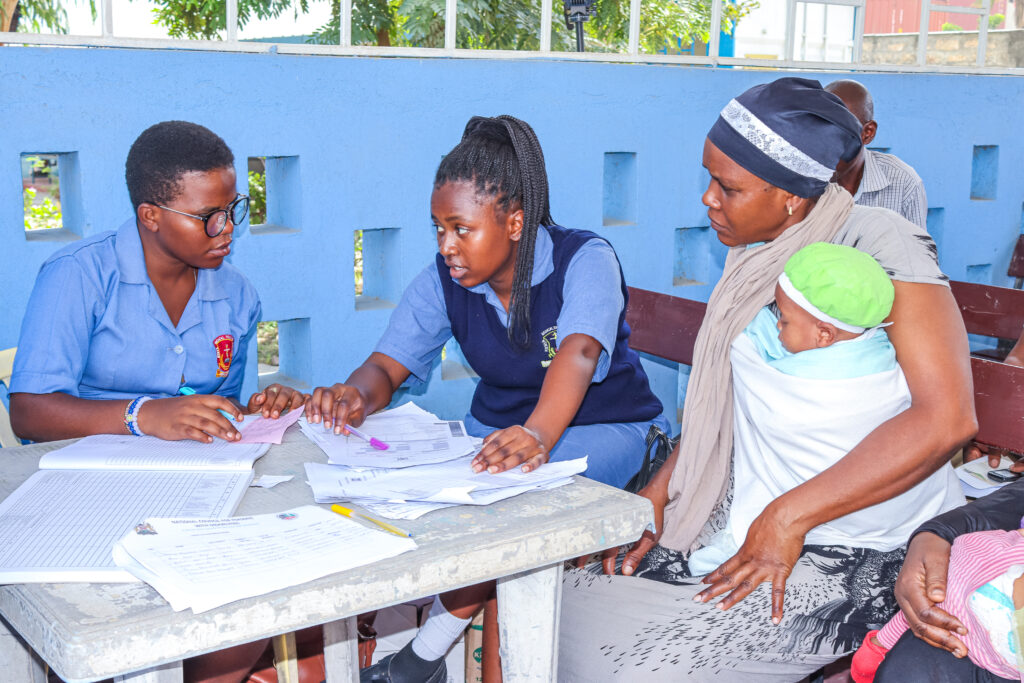
National Government and Local Chiefs: The Human Bridge to Communities

Change often begins in government offices—but it takes local leaders to bring that change to doorsteps. For the Jomvu PWD Outreach and Mass Registration initiative, the Ministry of Interior and Coordination of National Government played a crucial, yet often under-celebrated role—one that turned policy into presence.
At the heart of this effort were chiefs and sub-chiefs, Kenya’s trusted community mobilizers. These are not just administrative officers—they are cultural custodians, village voices, and the eyes and ears of the government.
🧭 Navigators of Community Terrain
In regions like Jomvu where formal communication channels can be limited, chiefs and sub-chiefs are the pulse of local knowledge. They understand household dynamics, trust networks, and the cultural context better than any outside institution. Their involvement was not optional—it was essential.
👥 How They Made Impact Tangible
- Identification of Vulnerable PWDs: Chiefs used their community mapping skills to reach the most hidden and underserved individuals, many of whom had never accessed government services before.
- Mobilizing Communities: Through public barazas, door-to-door sensitization, and interpersonal outreach, they ensured that information about the registration drive reached every corner of the sub-county.
- Document Verification and Coordination: Chiefs and their assistants helped families gather the necessary ID and birth documents. They also bridged the administrative gap between citizens and medical assessors, ensuring efficiency, accuracy, and dignity.
🔄 The Unsung Heroes of Access
Without their tireless groundwork, many of the 365 clients served would have remained unregistered, unidentified, and unsupported. Their involvement wasn’t just logistical—it was symbolic. It demonstrated how government authority can be a conduit for empathy, access, and transformation.
These leaders didn’t just walk the talk—they walked the villages. In a system striving for inclusion, the Ministry’s community officers reminded us of one undeniable truth: local leadership changes lives—one handshake, one home visit, one life at a time.
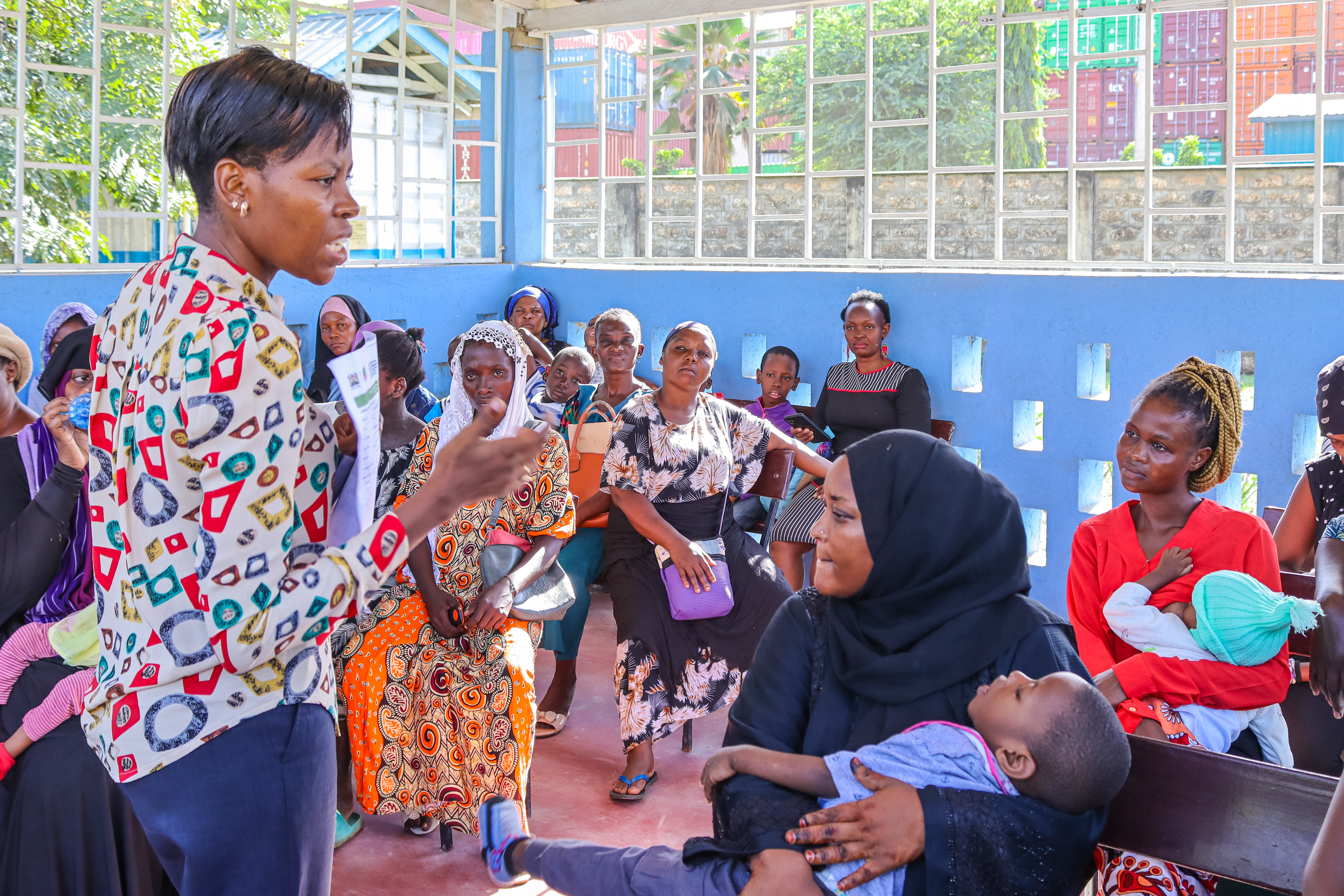
Saluting NCPWD: The Backbone of Disability Inclusion in Jomvu

The success of the Jomvu Mass Registration Program for Persons with Disabilities (PWDs) would not have been possible without the outstanding leadership and operational support of the National Council for Persons with Disabilities (NCPWD).
As the statutory body mandated with promoting and protecting the rights of PWDs in Kenya, NCPWD brought unmatched institutional credibility and technical oversight to the initiative. Their role was not limited to bureaucratic endorsement—they were a key operational driver on the ground, guiding the coordination of assessments, certification, and digital registration of all eligible PWDs in Bogobogo and greater Jomvu Sub-County.
NCPWD provided invaluable support in:
- Supervising the registration and issuance of disability certificates, ensuring full compliance with national policy and medical standards.
- Collaborating with the Disability Assessment Team (DAT) to ensure that all evaluations met rigorous assessment protocols.
- Deploying data officers and support staff who worked tirelessly to process over 700 new entries into the national disability registry.
- Offering public education on entitlements under the Persons with Disabilities Act, helping families understand the rights and services accessible once registered.
Beyond logistics, NCPWD’s involvement also gave this program a powerful message: Inclusion is a right, not charity.
Their presence assured families of transparency and accountability, building trust with the community and encouraging even the most hesitant caregivers to come forward.
This program exemplifies what happens when a national body partners effectively with grassroots actors, NGOs, and county leadership. We extend our deepest appreciation to NCPWD for standing at the forefront of inclusive change—making dignity and opportunity tangible for Kenya’s most vulnerable citizens.
Together, we move closer to a Kenya where every life counts.
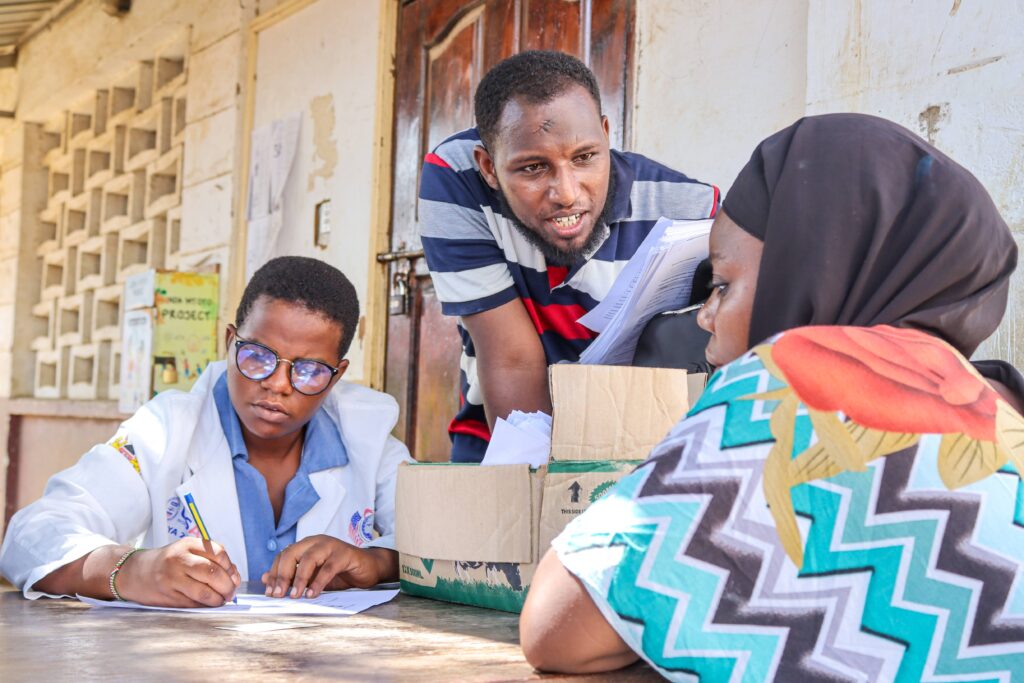
✨ Why This Matters—And What Comes Next
This outreach was not just a program—it was a symbol. A symbol that systems can work, that partnerships matter, and that change is possible.
But this is just one chapter in a much larger book. And as we turn the page, we need you.
💙 You Can Help—Here’s How:
Let’s keep the momentum alive. Whether it’s your time, your platform, or your donation—you have a role to play.
👉 Support in These Ways:
- Donate to fund future outreach programs
- Share this blog on your social platforms
- Partner with MNU to reach more marginalized communities
- Volunteer to spread awareness or offer your professional services
Together, let’s continue building a Kenya where no one is left behind.
FAQs About the PWD Outreach and How You Can Help
1. What is the purpose of the PWD outreach in Jomvu?
To provide medical and educational assessments, registration, and awareness for persons with disabilities.
2. Who funded the outreach?
HCSOM was the primary donor, supported by Maji Na Ufanisi and other stakeholders.
3. How many people were assisted?
365 individuals were reached, with 246 assessed and 119 registered for disability certificates.
4. What services were offered?
Medical assessments, educational evaluations, assistive device fittings, and referrals.
5. Can I volunteer with MNU?
Absolutely. Please contact us here to learn more.
6. Are there more outreach events coming?
Yes, follow us on Facebook for updates.
7. How are the donations used?
To fund medical staff, assistive devices, transport, community mobilization, and follow-ups.
8. Can my organization partner with you?
Yes, we’re always seeking impactful partnerships. Email us at MnU@majinaufanisi.org.
9. Why is grassroots involvement important?
It ensures inclusivity, better access, and lasting community ownership.
10. How can I spread the word?
Share this blog, talk about it, and tag us on your social media!

